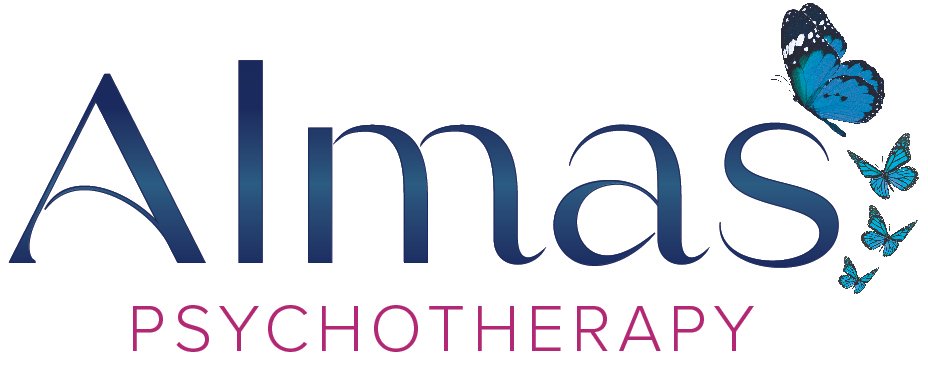Bipolar & Psychosis supportive therapy-in person in alpharetta & Online across ga, sc, & Fl
Find Balance, Understanding, & Safety Within.
Living with bipolar disorder or episodes of psychosis can disrupt every part of life.
If you or a loved one struggles with these things, you know that all too well. It can make practical things like going to work or making decisions feel impossible and drain you of all motivation and joy. The hallucinations can be annoying at best…and terrifying at worst. Fear and paranoia are exhausting, overwhelming, and often paralyzing.
These conditions can also cause extreme confusion to those who live with them, and it may be difficult to maintain touch with reality for some. Living this way can be incredibly lonely, because socializing is especially hard to navigate.
Many who struggle with these things feel worthless or hopeless that their lives could improve, but through therapy, a brighter future is possible.
Maybe lately, you or a loved one have been…
Struggling to take care of daily tasks because hallucinations or delusional thoughts are causing turmoil.
Isolating from society out of fear.
Unable to tell what’s real and what isn’t
Having trouble problem-solving or sticking to a routine
Struggling to remember things or pay attention
Having thoughts of suicide or hearing voices that give orders to self-harm
Experiencing intense mood swing, from high highs to low lows.
My Approach
The support to function & feel better.
Let me first acknowledge that living with bipolar or psychosis is a lot for anyone. Whether you’re seeking therapy for yourself or for someone you care about, know that I’ve worked with many people who suffer from these conditions in my 27+ years as a therapist and there is hope.
A Specialized, sensitive approach.
In the first few sessions, we’ll spend some time discussing and understanding the daily struggles you’re facing. I’ll also provide assurance that these experiences are no one’s fault.
I want the work I do with my clients to be simple and help them find relief as soon as possible, so the environment I create in session will always be judgment-free and laid-back. I believe everyone deserves to feel seen and heard, and will always make that a priority.
Together, we’ll work to develop a plan for our sessions moving forward that will help us address the issues and start working toward a more balanced, autonomous life. We’ll utilize therapy methods like Cognitive Behavioral Therapy (CBT) to shift unhealthy and unhelpful thoughts and behaviors to ones that support a more stable day-to-day.
Step into the next chapter with…
Understanding & awareness — Know how these conditions affect daily functioning & be able to identify when you are having a delusional thought or a hallucination.
Supportive practices in place — Establish regular routines that keep life on-track.
Tools to manage mood — Recognize when mood swings are occurring & make decisions based on reality instead of feelings.
A sense of safety & confidence — Tune out the frequency of hallucinations to finally feel secure.
Start down the path to more peace.
A life of stability & self-sufficiency is possible.
Questions?
FAQs
-
Bipolar disorder involves mood swings between highs (mania or hypomania) and lows (depression). Symptoms include increased energy, impulsivity, and euphoria during manic phases, and exhaustion, sadness, and low motivation during depressive phases. Therapy can be a factor in finding more balance through these phases.
-
While bipolar disorder often emerges in late adolescence or early adulthood, it can sometimes develop later in life. Changes in stress levels, hormones, or brain function might contribute to its onset. If symptoms of bipolar are being displayed at any stage of life, therapy can help you understand and manage them.
-
Symptoms of psychosis may include hallucinations, delusions, impaired thinking, lack of pleasure and motivation, disorganized speech, inability to express emotions, withdrawing from friends and relationships, and struggling with daily tasks. It's like experiencing a distorted version of reality, and those living with it may struggle to distinguish between what is real and what is not. This can be very scary, but therapy can help provide some validation and relief for those struggling.
-
Psychosis can be managed and treated, but a "cure" may not be straightforward. With appropriate therapy and support, many individuals can lead fulfilling lives, although the path to recovery is different for each person.





